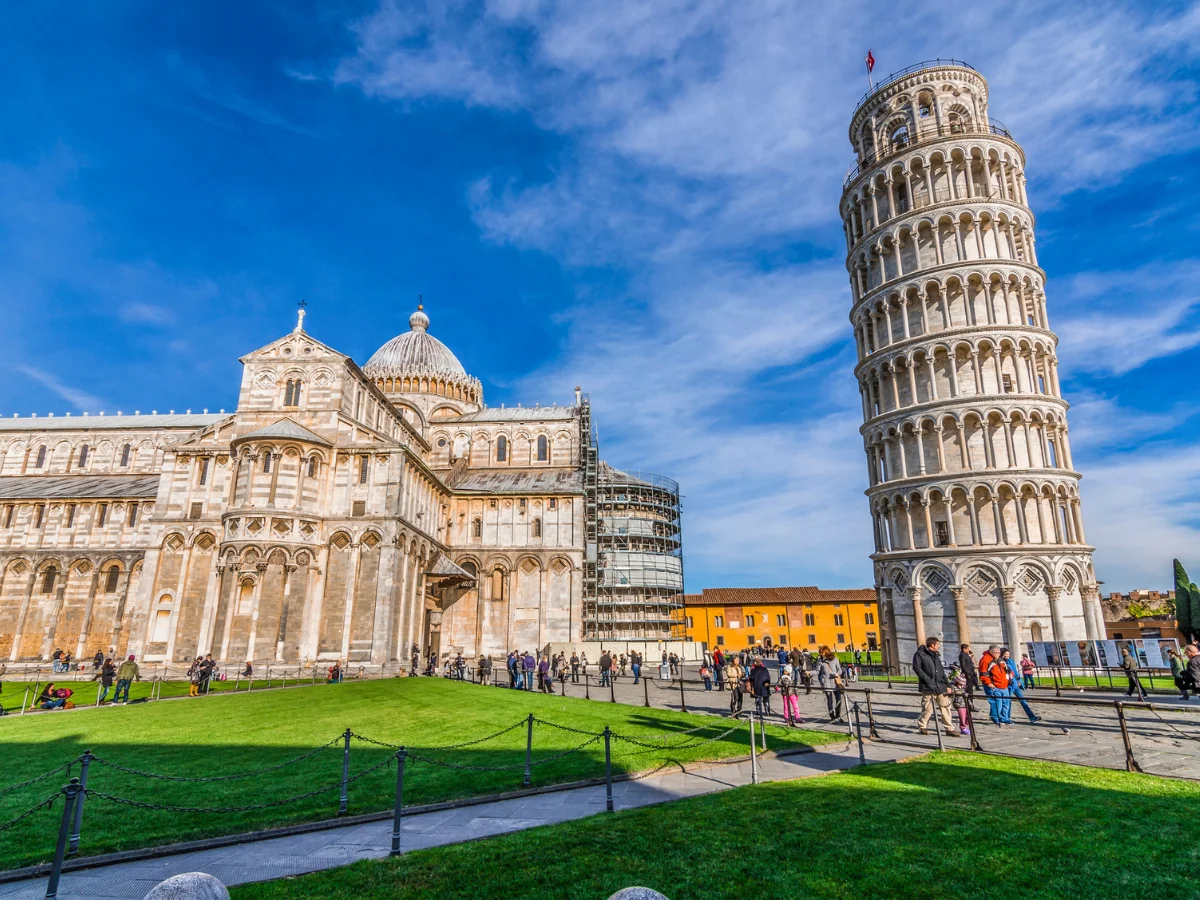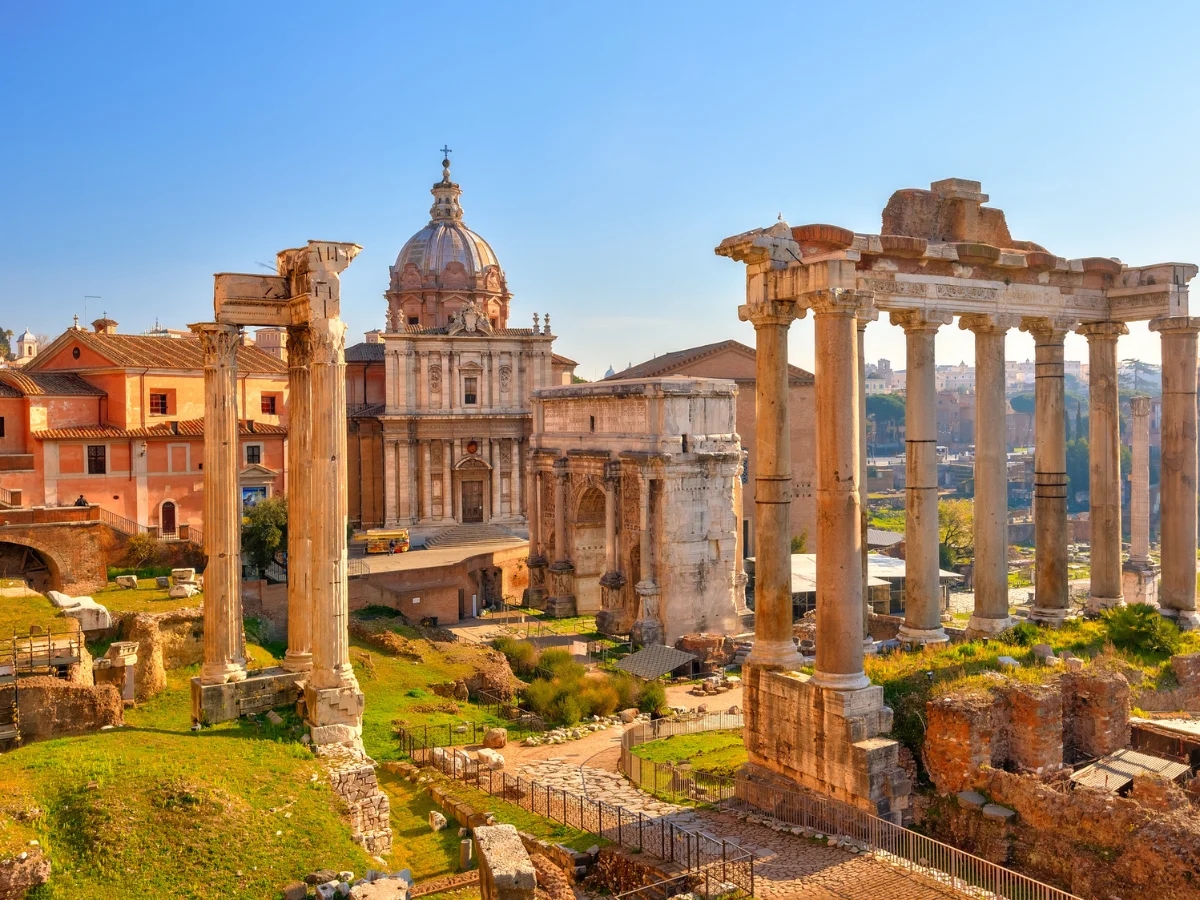Ancient Rome fostered a dynamic academic culture
Ancient Rome fostered a dynamic academic culture across diverse disciplines. Orators like Cicero and poets like Virgil flourished in literature and rhetoric. Philosophers such as Seneca and jurists like Gaius contributed to ethics and law. In medicine, Galen led advancements in anatomy and physiology. Engineers like Vitruvius pioneered architectural principles. Education thrived through private tutors and prestigious academies. The legacies of these scholars endure, shaping modern understanding in literature, philosophy, law, and science. Their intellectual pursuits underscore the richness and complexity of Roman civilization, leaving an indelible mark on the trajectory of human knowledge and inquiry.

Ancient Rome fostered a dynamic academic culture across diverse disciplines
Introduction
Ancient Rome, renowned for its military prowess and engineering marvels, also fostered a vibrant academic culture. Scholars and intellectuals made significant contributions to various fields, shaping the intellectual landscape of their time.
Literature and Rhetoric
Literature and rhetoric held a prominent place in Roman academia. Orators like Cicero and Quintilian perfected the art of public speaking, while poets like Virgil and Ovid produced timeless literary works that continue to captivate readers today.
Philosophy and Ethics
Roman philosophers delved into questions of ethics, morality, and the nature of existence. Stoics like Seneca and Epictetus advocated for personal virtue and resilience in the face of adversity, influencing later thinkers throughout history.
Law and Jurisprudence
The Roman legal system, renowned for its sophistication and adaptability, attracted scholars who studied and refined its principles. Jurists like Gaius and Ulpian played pivotal roles in shaping Roman law, laying the foundation for modern legal systems.
Medicine and Science
In the realm of medicine and science, Roman scholars made notable advancements. Galen, a prominent physician, conducted groundbreaking research on anatomy and physiology, laying the groundwork for Western medical knowledge.
Engineering and Architecture
Roman engineers and architects demonstrated remarkable ingenuity in designing and constructing monumental structures. Figures like Vitruvius, author of “De Architectura,” provided invaluable insights into the principles of architecture and engineering.
Education and Academies
Education was highly valued in Roman society, with wealthy families hiring tutors to educate their children in various subjects. Academies, such as those in Athens and Alexandria, attracted scholars and students from across the empire, fostering intellectual exchange and debate.
Legacy
The contributions of academics from ancient Rome continue to resonate today, shaping our understanding of literature, philosophy, law, and science. Their works serve as a testament to the intellectual vibrancy of the Roman Empire and its enduring legacy in the annals of human civilization.
Conclusion
From literature and philosophy to law and science, academics from ancient Rome made significant contributions to various fields of knowledge. Their intellectual pursuits and scholarly achievements enriched the cultural tapestry of the Roman Empire and continue to inspire generations of thinkers and scholars.



